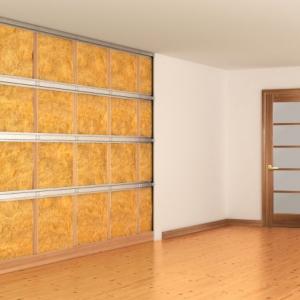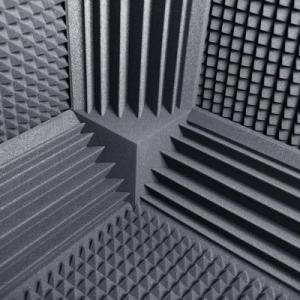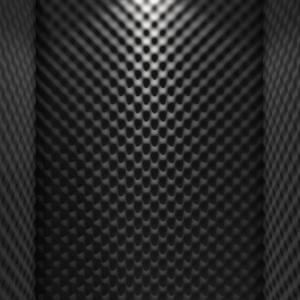Noise Isolation: Bradenton
Noise Isolation in Bradenton
Get help with Noise Isolation in Bradenton. Fill out the form above and we will connect you with local Bradenton pros. Noise isolation offers a range of advantages that enhance your overall living or working environment. By effectively reducing unwanted sounds, noise isolation promotes a peaceful and focused atmosphere, allowing you to concentrate on tasks or relax without distractions. It creates a sense of privacy, ensuring that conversations or activities remain confidential. Additionally, noise isolation helps to improve sleep quality by minimizing disruptive noises, leading to a more restful and rejuvenating experience. With noise isolation, you can enjoy a quieter and more tranquil space, enhancing your overall well-being and comfort.Noise Isolation FAQ
Q: How Does Noise Isolation Differ From Noise Cancellation?
Answer: Noise isolation and noise cancellation are two different techniques used to reduce or eliminate unwanted sounds. Noise isolation involves physically blocking external noise by using materials that create a barrier between the ears and the surrounding environment. This can be achieved through the use of earplugs, earmuffs, or headphones that fit snugly over the ears, creating a seal. On the other hand, noise cancellation works by actively counteracting external noise using electronic circuitry. It uses microphones to pick up ambient sounds and then generates an opposite sound wave to cancel out the unwanted noise. This technique is commonly found in active noise-cancelling headphones. In summary, noise isolation physically blocks external noise, while noise cancellation actively counteracts it using electronic circuitry.Q: What Are The Benefits Of Noise Isolation In A Residential Or Office Setting?
Answer: The benefits of noise isolation in a residential or office setting include improved productivity, increased privacy, reduced distractions, enhanced concentration, and overall better well-being.Q: Can Noise Isolation Be Achieved Without Compromising Ventilation Or Air Circulation?
Answer: Yes, noise isolation can be achieved without compromising ventilation or air circulation by using soundproofing materials that allow for the free flow of air while effectively reducing noise transmission.Q: Are There Any Potential Drawbacks Or Limitations To Consider When Implementing Noise Isolation Measures?
Answer: Yes, there are potential drawbacks and limitations to consider when implementing noise isolation measures. Some common limitations include the cost of implementing and maintaining soundproofing materials, the difficulty of achieving complete noise isolation in certain environments, and the potential impact on ventilation and air circulation. Additionally, noise isolation measures may not be effective against certain types of noise, such as low-frequency vibrations.Noise isolation refers to the ability of a device or material to block out external sounds and prevent them from reaching the listener or user. It is a feature commonly found in headphones, earphones, and other audio equipment. Noise isolation works by physically blocking the sound waves from entering the ear canal, thereby reducing or eliminating the impact of ambient noise. This is achieved through the use of specialized design techniques, such as tight-fitting ear cups or ear tips, as well as sound-absorbing materials. By providing an immersive listening experience with minimal external distractions, noise isolation allows users to fully enjoy their audio content without interference from surrounding noise.



